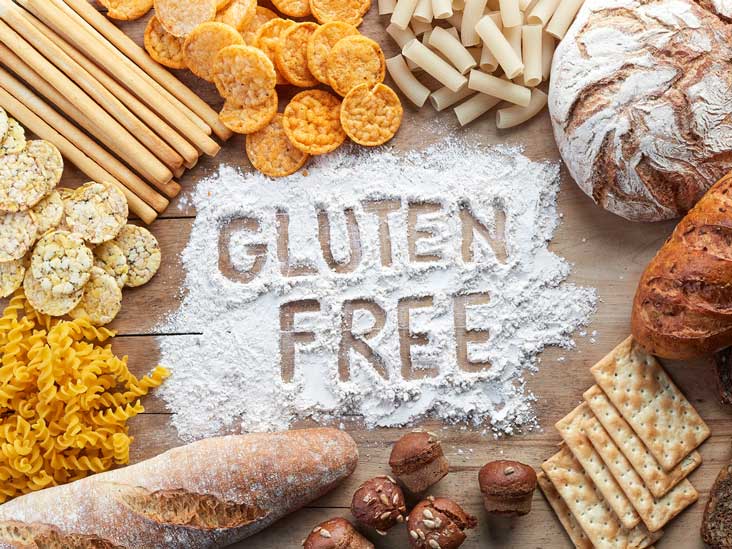In recent years, the term “gluten-free” has become increasingly prevalent, with a surge in the popularity of gluten-free products and diets. For some, going gluten-free is a necessity due to medical conditions like celiac disease or gluten sensitivity. For others, it’s a dietary choice that promises various health benefits. In this article, we explore the gluten-free diet, its health implications, who might benefit from it, and important considerations for those considering this lifestyle change.
Understanding Gluten and the Gluten-Free Diet
Gluten is a protein found in grains like wheat, barley, rye, and their derivatives. It provides elasticity to dough, helping it rise and maintain its shape. The gluten-free diet involves eliminating all sources of gluten from one’s meals and opting for gluten-free alternatives.
The Health Benefits of a Gluten-Free Diet
- Celiac Disease Management: Celiac disease is an autoimmune disorder in which consuming gluten triggers an immune response that damages the small intestine’s lining. Adopting a strict gluten-free diet is essential for individuals with celiac disease to manage symptoms and prevent complications.
- Gluten Sensitivity Relief: Some people experience non-celiac gluten sensitivity, wherein they may have symptoms similar to those with celiac disease but without the autoimmune response. For such individuals, a gluten-free diet may alleviate symptoms like bloating, gas, and fatigue.
- Improving Digestive Health: A gluten-free diet might lead to improved digestive health for some individuals, especially if they have undiagnosed sensitivities to gluten.
- Increased Awareness of Food Choices: Adopting a gluten-free diet often leads to increased awareness of food labels and ingredients, encouraging healthier and more conscious eating habits.
Considerations for Going Gluten-Free
- Nutritional Balance: Eliminating gluten from the diet can lead to a reduction in certain nutrients like fiber, iron, and B vitamins, commonly found in gluten-containing grains. Individuals going gluten-free should ensure they obtain these nutrients from other sources to maintain a balanced diet.
- Gluten-Free Products: Not all gluten-free products are inherently healthier or lower in calories. Some commercially available gluten-free items may be highly processed and contain higher levels of sugar and unhealthy fats.
- Cross-Contamination: For individuals with celiac disease, avoiding cross-contamination is crucial. Even trace amounts of gluten can trigger a reaction. Therefore, it’s essential to ensure strict separation of gluten-free and gluten-containing ingredients during preparation and cooking.
- Whole Food Focus: The healthiest gluten-free diet centers around whole, unprocessed foods like fruits, vegetables, lean proteins, nuts, and naturally gluten-free grains like rice, quinoa, and oats (labeled as gluten-free).
Conclusion
The gluten-free diet serves as a crucial medical necessity for individuals with celiac disease or gluten sensitivity. For those without these conditions, adopting a gluten-free lifestyle may offer some health benefits but requires careful consideration to maintain proper nutritional balance. As with any dietary change, it’s essential to consult with a healthcare professional or registered dietitian before making significant alterations to your eating habits. Remember that a gluten-free diet should be about focusing on whole, nutrient-rich foods, rather than relying solely on processed gluten-free alternatives. By making informed choices and understanding individual dietary needs, individuals can enjoy a balanced and healthy gluten-free lifestyle.


